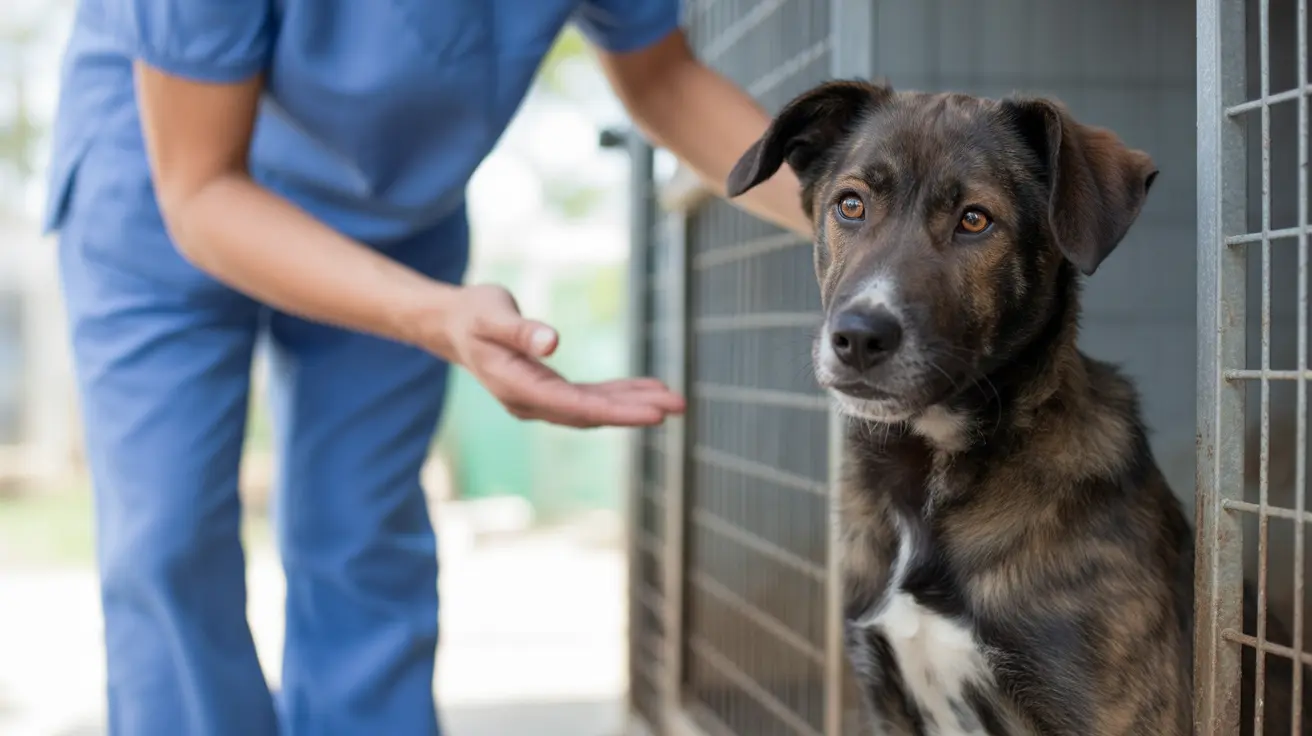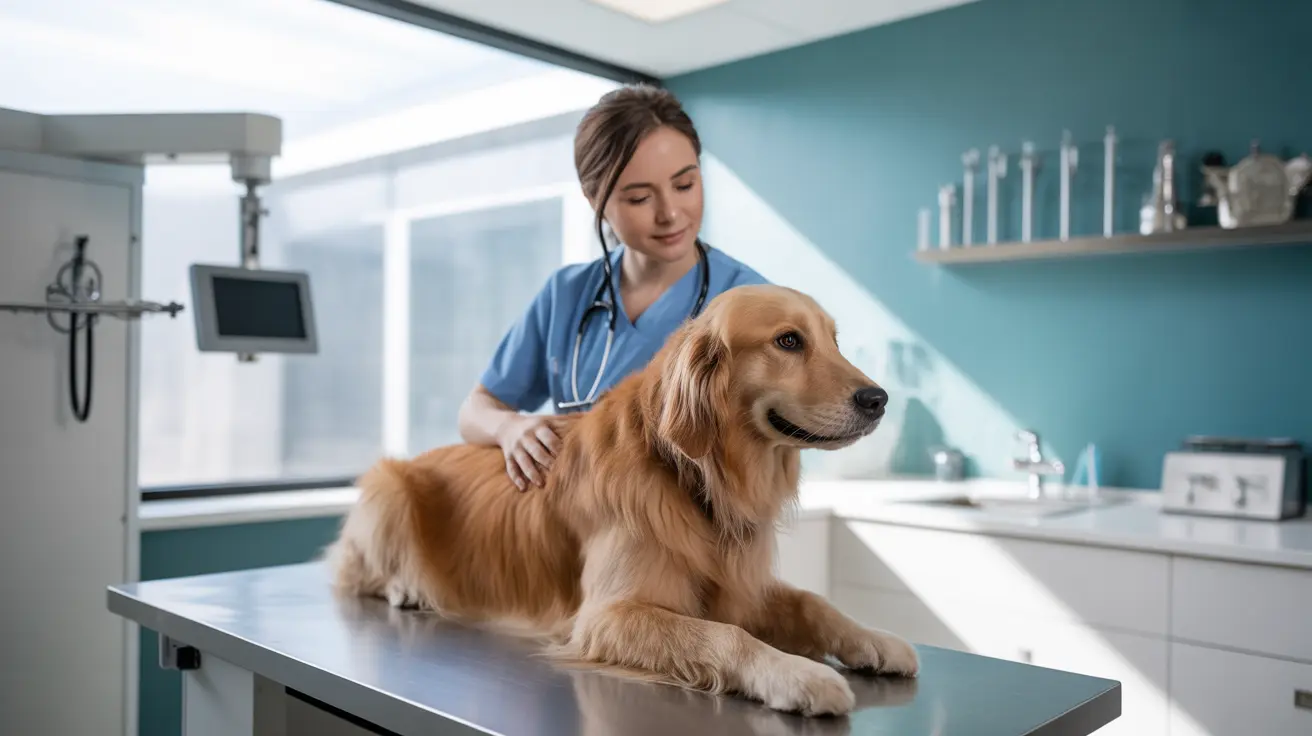Why Your Dog's Breath Smells Bad—and What to Do About It
A dog’s breath can say a lot about their health. While many pet owners may accept an occasional whiff of 'doggy breath' as normal, persistently foul odors are often signs of underlying problems. Here’s a comprehensive guide to help you understand what might be causing your dog’s bad breath and how to fix it.
Common Causes of Bad Breath in Dogs
- Dental Disease: By far the most common culprit, dental or periodontal disease arises when plaque and tartar accumulate, allowing harmful bacteria to flourish. This leads to gingivitis, tooth decay, and abscesses. Senior dogs and smaller breeds are particularly prone to this condition.
- Foreign Objects and Oral Injuries: Items such as food, sticks, or toys lodged in the mouth can cause infection and severely bad breath. Sudden changes in odor accompanied by discomfort warrant an immediate mouth inspection.
- Oral Tumors: Growths in the mouth, especially in aging dogs, can become necrotic or infected, causing a pronounced odor. Look for swelling, bleeding, or visible masses.
- Dietary Indiscretions: Eating spoiled food, garbage, feces (coprophagia), or dead animals can create short-term but intense halitosis.
- Anal Gland Issues: Dogs with impacted or infected anal glands often lick the area, spreading the fishy odor to their mouth.
- Gastrointestinal Problems: Issues like acid reflux, vomiting, or imbalances in gut microbes can transform the character of a dog’s breath dramatically.
- Kidney Disease: This can cause a distinctive urine or ammonia-like smell as waste builds up in the body.
- Liver Disease: Bad breath caused by liver dysfunction may carry a sulfur-like or rotten egg scent. Other signs include yellowing gums, vomiting, and abdominal swelling.
- Diabetes: Unchecked diabetes can result in a sweet or fruity breath due to the presence of ketones, especially in diabetic ketoacidosis—an emergency situation.
- Respiratory Infections: Bacterial infections in the upper airways or sinuses can create unpleasant respiratory odors.
- Allergies and Skin Infections: Dogs who lick infected or inflamed skin transmit yeasts, bacteria, and debris to the mouth, creating a foul smell.
- Diet and Supplements: Fish-based diets, some prescription foods, and supplements—particularly omega-3 oils—can inadvertently affect breath odor.
- Medications: Antibiotics, corticosteroids, or oral medications may alter normal oral flora and contribute to foul breath.
When to See a Veterinarian
Bad breath should not be dismissed if it persists, worsens, or is accompanied by other symptoms. The following signs suggest that veterinary attention is essential:
- Swollen or bleeding gums
- Loose or missing teeth
- Swelling or masses in the mouth or face
- Eating difficulties or chewing on one side
- Vomiting, diarrhea, lethargy, or noticeable changes in appetite
- Yellowing of the eyes or gums (jaundice)
- Anal scooting, licking, or swelling
- Frequent or excessive urination and thirst
Effective Home Care for Bad Breath
- Tooth Brushing: Use a toothbrush and toothpaste formulated for dogs. Daily brushing is ideal but brushing several times per week is still beneficial.
- Dental Chews and Approved Products: Products earning the VOHC (Veterinary Oral Health Council) seal help reduce tartar buildup and promote good oral hygiene.
- Dental Diets: Specialized foods with texture or additives help remove plaque mechanically as your dog chews.
- Water Additives and Rinses: These products reduce plaque-causing bacteria, though they are not a substitute for brushing.
- Hydration and Balanced Diet: Proper hydration and nutrition contribute significantly to oral and systemic health.
- Probiotics: These can support gut and oral bacterial balance, especially if your pet has digestive problems.
- Fiber and Anal Gland Health: Providing adequate dietary fiber helps maintain normal bowel movements and reduces the chance of anal gland issues.
Veterinary Treatments
If your dog continues to have bad breath despite at-home care, your veterinarian may recommend:
- A full dental exam and professional cleaning
- X-rays to assess the depth of dental or bone issues
- Bloodwork to check for kidney, liver, or metabolic diseases
- Ultrasound or biopsy if tumors or severe organ dysfunction is suspected
Summary
Persistent or very foul-smelling breath in dogs is more than just a nuisance—it’s a clue to deeper health issues. From dental disease to metabolic or organ disorders, the causes are varied but identifiable. Proactive dental care and regular veterinary checkups are your most powerful tools for prevention and early detection. Don’t ignore what your dog’s mouth is trying to tell you—it might save their life.





